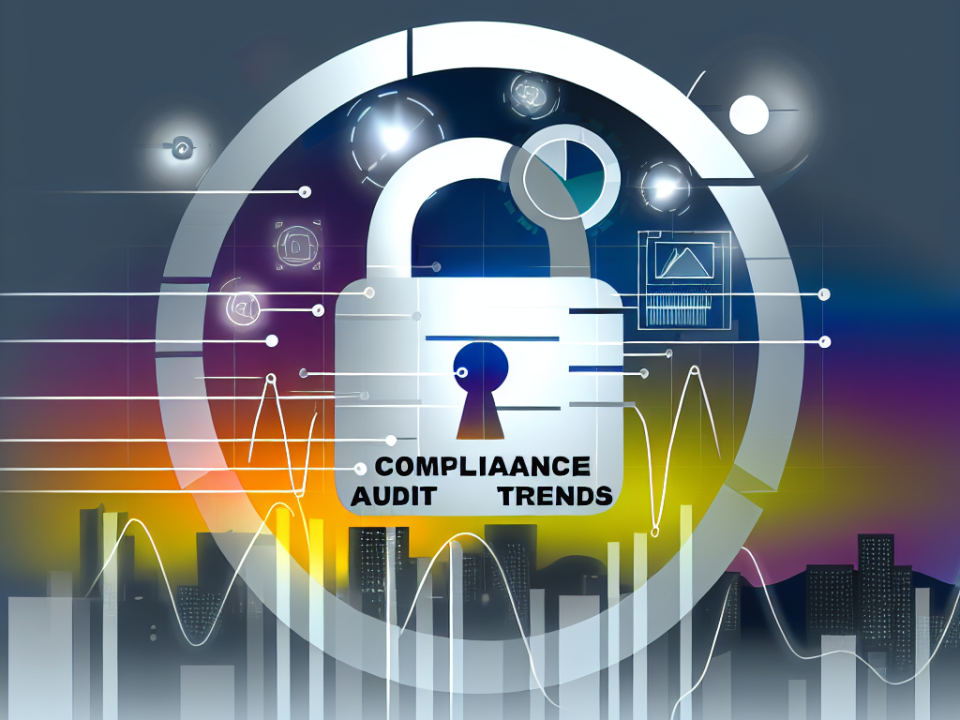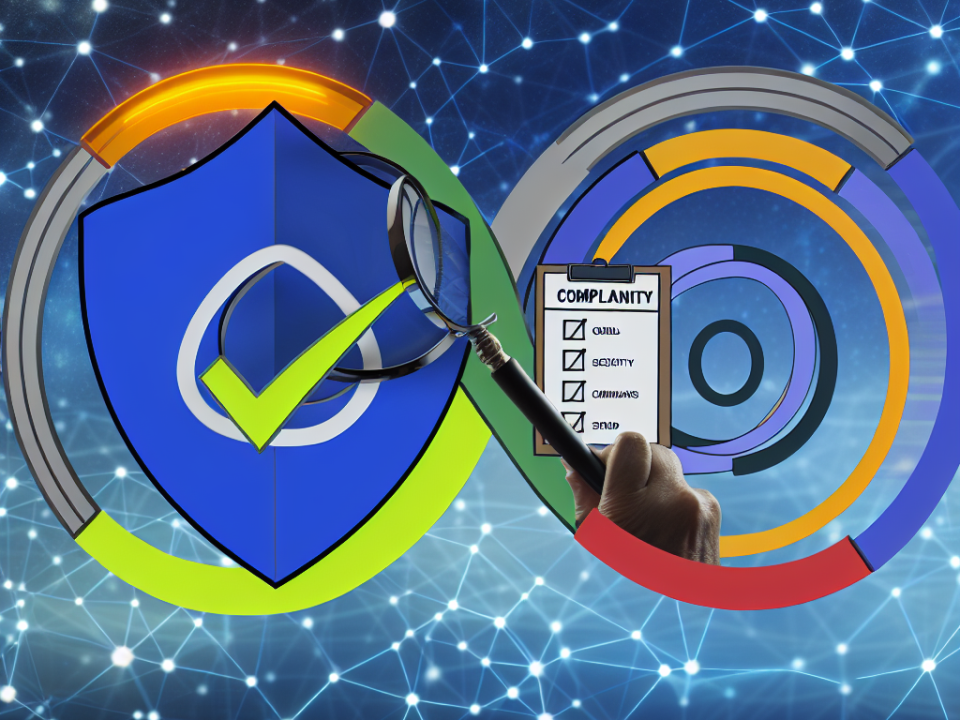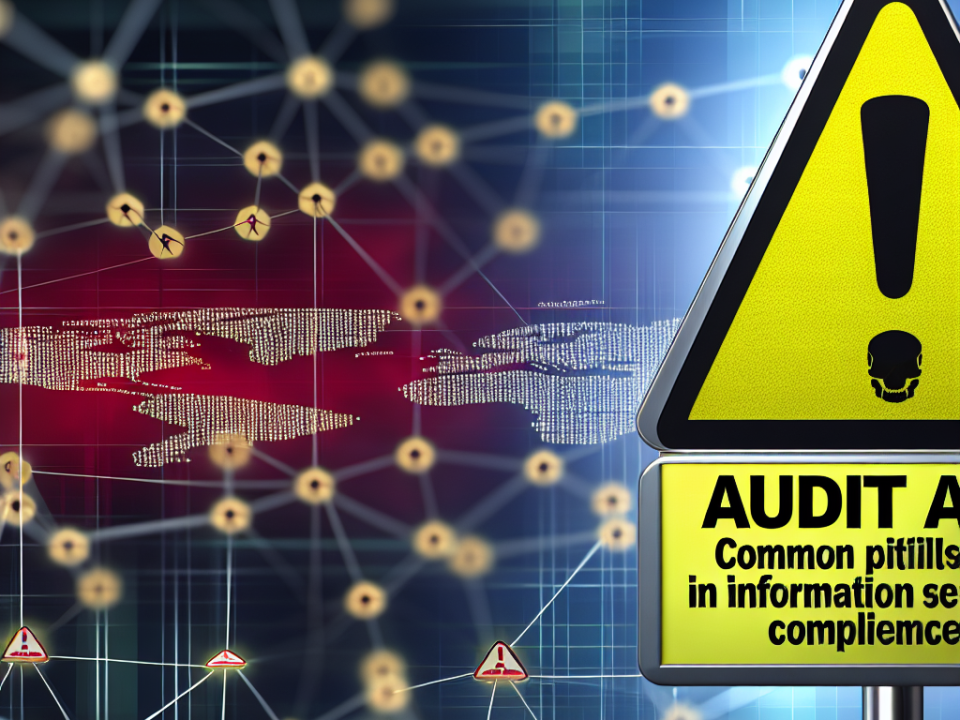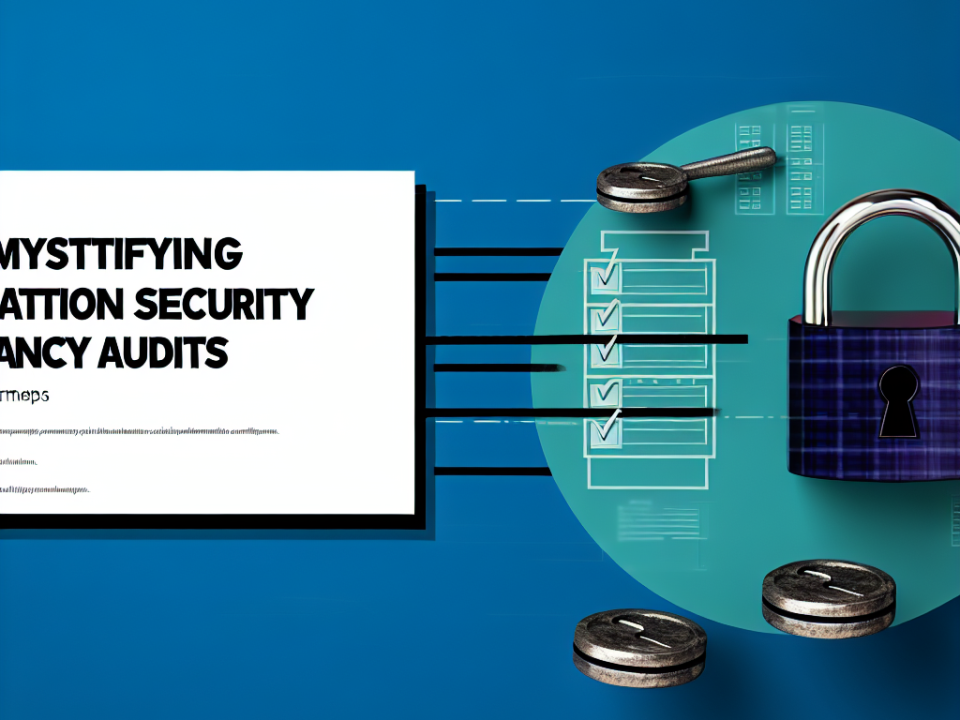
Top Trends in Cybersecurity Strategy: What You Need to Know for 2024
August 30, 2025
Assessing Your Arsenal: Evaluating and Enhancing Your Cybersecurity Strategy
August 31, 2025
In an era where digital data is often viewed as the new oil, safeguarding that data has become paramount. As the digital landscape evolves, so do the laws and regulations aimed at protecting consumer privacy and cybersecurity. Two of the most significant frameworks in this sphere are the General Data Protection Regulation (GDPR) from the European Union and the California Consumer Privacy Act (CCPA) in the United States. Understanding these regulations is crucial for businesses operating in a global economy.
The Need for Data Protection
As cyberattacks become more sophisticated and frequent, there is an urgent need for robust data protection standards. High-profile breaches have exposed sensitive data, leading to a growing public demand for transparency and accountability. Legislative frameworks like the GDPR and CCPA emerged in response to these concerns, aiming to give consumers more control over their personal information.
GDPR: Pioneering Global Data Protection
Adopted in May 2018, the GDPR represents one of the most comprehensive frameworks for data privacy in the world. Enforced by the European Union, GDPR mandates that organizations give individuals rights over their personal data, including:
- Right to Access: Individuals can request access to their data and understand how it is processed.
- Right to Erasure: Also known as the "right to be forgotten," this allows individuals to request the deletion of their personal data.
- Data Portability: Users can transfer their data between service providers.
- Accountability: Organizations must demonstrate compliance, necessitating robust documentation and data protection measures.
Failure to comply results in hefty fines, potentially reaching 4% of a company’s global annual revenue. This has significant implications for businesses worldwide, prompting many to reevaluate their data handling practices.
CCPA: A Decentralized Approach to Data Privacy
Enacted in 2018 and taking effect in January 2020, the CCPA fundamentally changes how businesses handle personal data in California. While not as stringent as the GDPR, it establishes critical consumer rights, including:
- Right to Know: Consumers can inquire what personal data is being collected about them and whether it is being sold.
- Right to Delete: Consumers can request deletion of their data held by businesses.
- Right to Opt-Out: Consumers can direct businesses to stop selling their personal data.
- Non-Discrimination: Businesses cannot discriminate against consumers who exercise their privacy rights.
The CCPA also holds businesses accountable but lacks the same level of enforcement mechanism as the GDPR. However, it serves as a model for states across the U.S. to pursue similar legislation, reflecting a growing trend towards enhanced privacy protections.
Comparing GDPR and CCPA
While both the GDPR and CCPA aim to enhance consumer privacy, there are notable differences:
- Scope and Applicability: GDPR applies to all businesses processing EU residents’ data, regardless of location. CCPA primarily applies to for-profit entities that do business in California and meet certain revenue thresholds.
- Definitions of Personal Data: GDPR has a broader definition of personal data, encompassing any information related to an identifiable person. CCPA’s definition is narrower but still significant, centering on data that can be linked to a household.
- Consent Requirements: GDPR emphasizes explicit consent for data processing, while CCPA allows businesses to collect data unless consumers explicitly opt out.
The Global Ripple Effect
The enactment of GDPR and CCPA has set off a chain reaction, influencing legislation globally. Countries like Brazil, Canada, and India are in various stages of developing their data protection frameworks, often taking cues from these pioneering regulations. Businesses operating internationally must navigate this increasingly complex landscape, which can be a formidable challenge.
Adapting to Change
For organizations, adapting to these regulatory standards is not merely a compliance exercise—it’s an opportunity for growth and customer trust. By adopting rigorous data protection practices and prioritizing transparency, businesses can differentiate themselves in their markets.
Key Strategies for Compliance:
- Conduct Regular Audits: Regularly assess data collection and processing activities.
- Implement Data Minimization Techniques: Only collect data that is necessary for business operations.
- Enhance Transparency: Clearly communicate privacy policies to consumers.
- Invest in Employee Training: Ensure employees understand their roles in data protection.
Conclusion
As we transition from GDPR to CCPA and beyond, the landscape of global cybersecurity standards will continue to evolve. Businesses must be proactive in their compliance efforts, not only to avoid penalties but also to genuinely protect their customers. In this digital age, embracing a culture of cybersecurity is paramount—it’s not just about compliance; it’s about building a foundation of trust that fosters long-lasting relationships with consumers. As regulations continue to develop, organizations that lead the way in data protection will emerge as the frontrunners in their respective industries.







